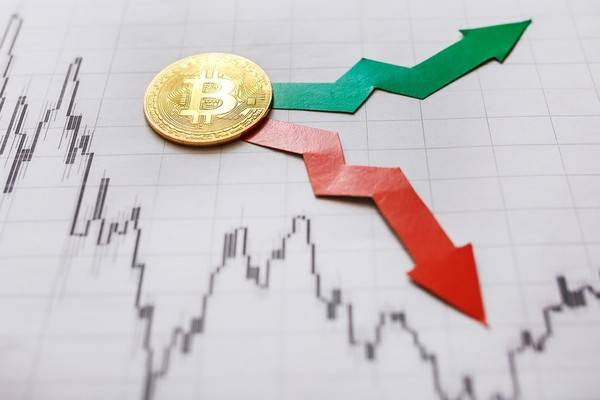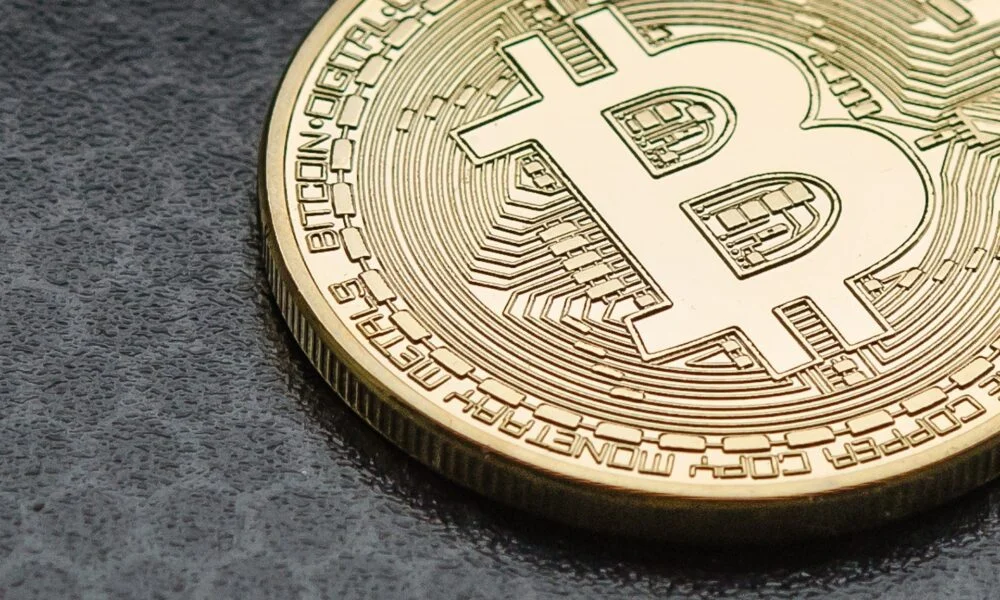The principles of decentralization are used to create a decentralized financial ecosystem that is transparent. Peer-to-peer DeFi is more effective than traditional finance, which is usually centralized and controlled by just a few powerful institutions. The future of finance is likely to be revolutionized by a decentralized finance system. Here’s a glimpse into the game-changing impact of DeFi:
- Financial inclusion – The advantage of DeFi is its ability to promote financial inclusion on a global scale. Traditional financial systems often exclude individuals without access to banking services or those living in remote areas. DeFi, however, operates on a permissionless and borderless network, allowing anyone with an internet connection to participate in the financial ecosystem.
- Democratization of finance – DeFi challenges the power dynamics of traditional finance, where a few institutions hold significant control over the market. By removing intermediaries and central authorities, DeFi democratizes finance, giving individuals the power to make their own financial decisions. A more equitable distribution of financial opportunities and resources is enabled as a result of this shift in power.
- Lower barriers to entry – Traditional financial services often come with high entry barriers, requiring significant capital, complex paperwork, and lengthy approval processes. DeFi offers a more accessible and streamlined approach. With just a few clicks, individuals access a wide range of financial services, often with lower fees and faster processing times. With this access, individuals can manage their finances, build wealth, and participate globally.
- Financial experimentation – DeFi fosters an environment of innovation and experimentation, encouraging the development of new financial products and services. A decentralized infrastructure allows developers and entrepreneurs to create innovative decentralized applications (dApps). This innovation drives competition, improves existing financial services, and introduces new concepts, such as decentralized exchanges, yield farming, and decentralized insurance.
- Smart contracts and automated processes – Smart contracts, self-executing contracts with predefined rules, are a cornerstone of DeFi. These contracts automate various financial processes, eliminating the need for manual intervention and reducing the risk of errors or fraud. Smart contracts enable efficient and secure lending, borrowing, and trading while also facilitating complex financial strategies and automated investment protocols.

The future of Decentralized Finance looks incredibly promising, with ongoing developments and innovations shaping the landscape. The following are some key trends and potential developments to watch:
- Cross-chain solutions – As the DeFi ecosystem continues to grow, interoperability between different blockchain networks will become increasingly important. Cross-chain solutions will enable the seamless transfer of assets and data across multiple blockchains, enhancing liquidity and facilitating a more interconnected DeFi ecosystem.
- DeFi for social impact – DeFi has the potential to drive social impact and financial inclusion on a global scale. By leveraging blockchain technology and decentralized principles, DeFi empowers underserved communities, provides access to financial services, and promotes economic development. DeFi initiatives focused on social impact address issues such as poverty, inequality, and financial exclusion, creating a more equitable and prosperous world.
- Institutional adoption – As DeFi gains traction and proves its potential, institutional investors and traditional financial institutions are likely to take notice and explore opportunities within the space. Institutional adoption will bring increased liquidity, stability, and credibility to the DeFi ecosystem, further driving its growth and mainstream acceptance.
The DeFi revolution has the potential to transform our financial systems, making them more inclusive, accessible, and prosperous for all. With Decentralized Finance, we might unlock new avenues for Accessible Real Estate Investment, opening up a world of possibilities.






More Stories
What are the things that affect the price of Nifty shares and SGX Nifty?
How Demat Apps Simplified Holding and Managing Investments
Fundamental Factors Influencing Gold Trading Decisions And Market Behavior